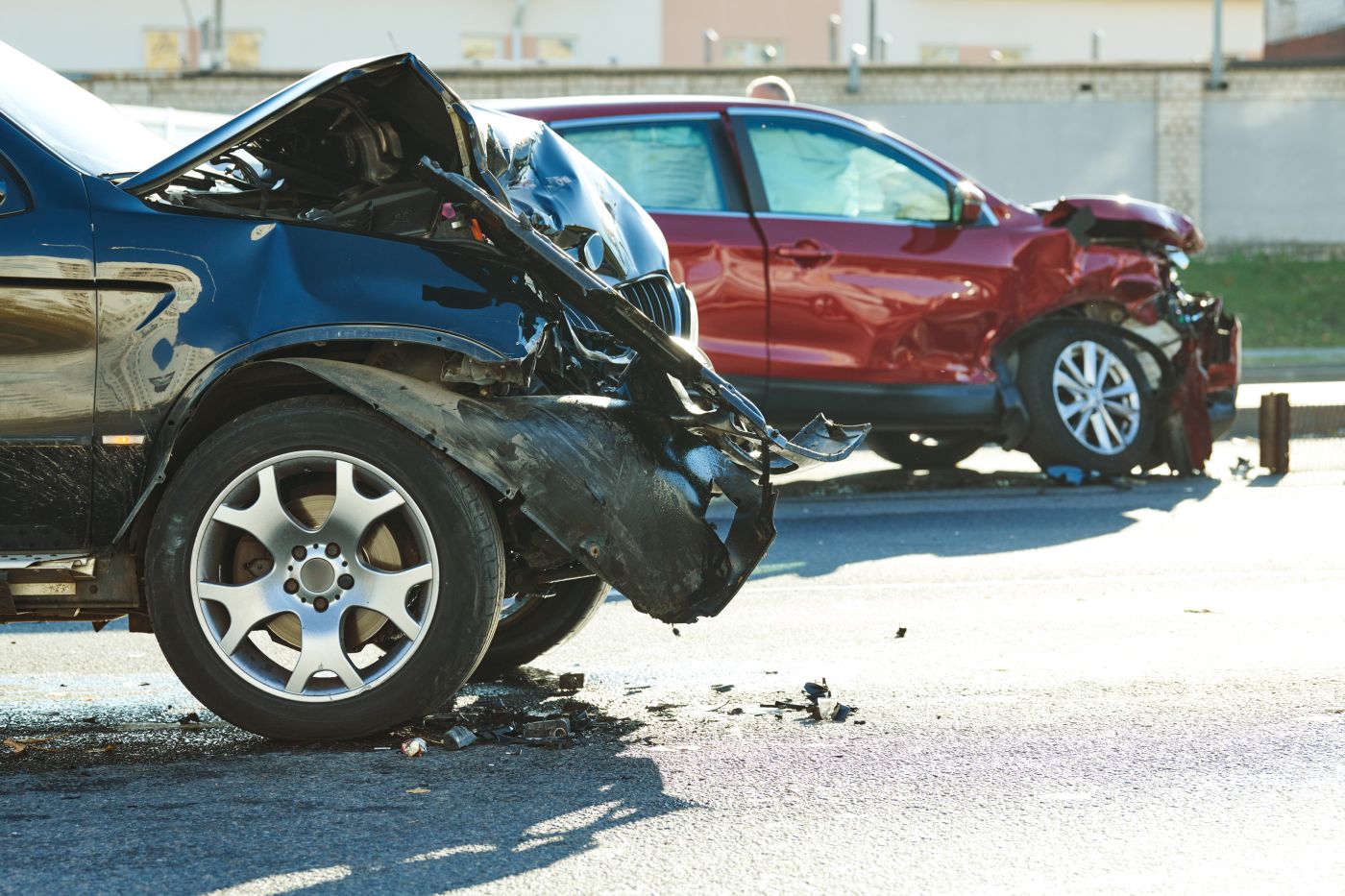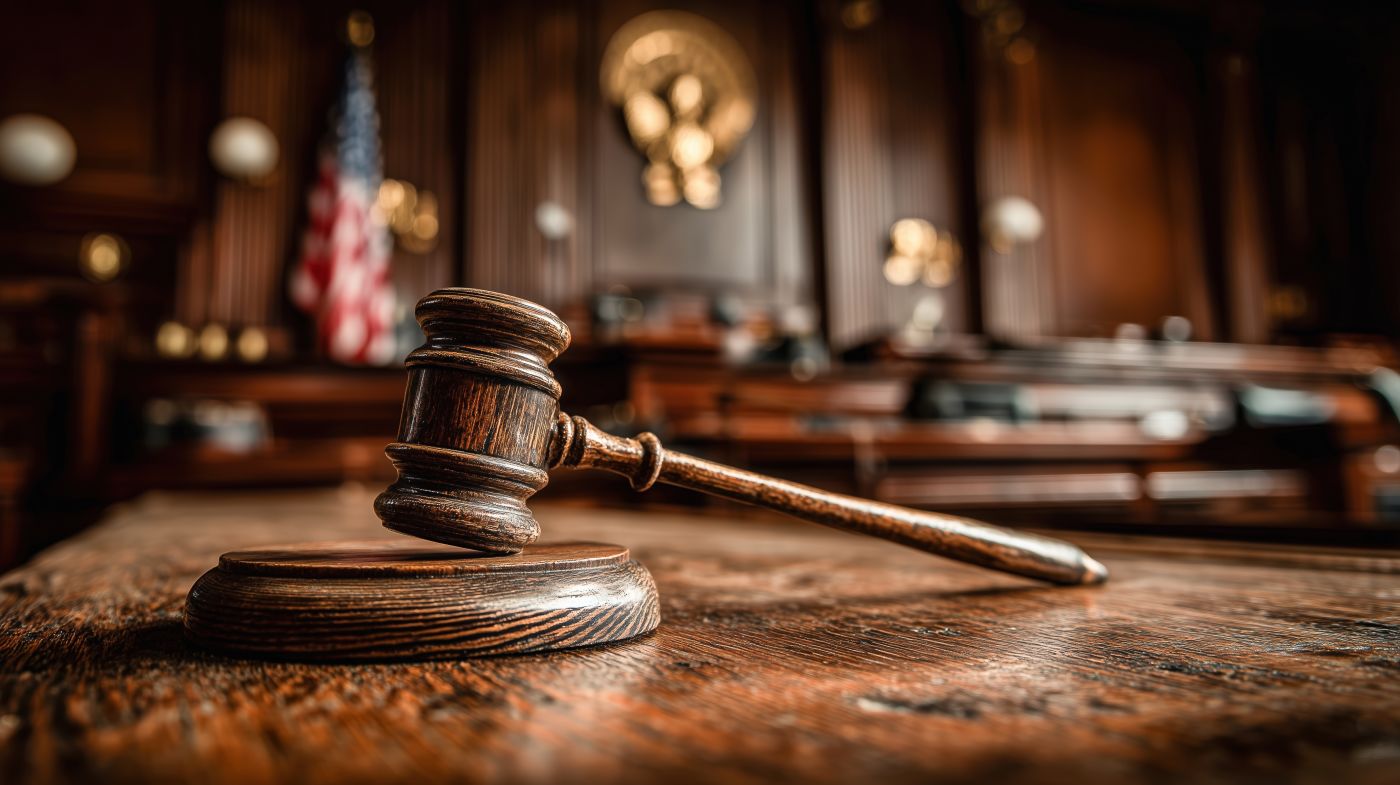
Whether a vehicle sustains dents, significant damage, or is declared a total loss, understanding how to pursue compensation is essential. In Kansas, filing a property damage claim involves specific steps and legal considerations that can significantly impact the outcome. While auto collisions are commonly associated with personal injury lawsuits, property damage claims play a critical role in the recovery process.
Harris & Hart Attorneys at Law understands how disruptive a car accident can be—not only in terms of injuries but also the property damage that often follows. Their attorneys bring over 50 years of combined experience in insurance litigation and appeals. Their goal is to help clients achieve a fair and equitable resolution for their cases.
This blog examines the process of filing a property damage claim following a car accident.
Property Damage After an Accident
Property damage in a car accident refers to the physical harm caused to a vehicle or other personal property. This can range from a cracked windshield to a vehicle being deemed a total loss.
In Kansas, drivers are required to carry liability insurance that includes property damage coverage. Depending on who is at fault, compensation may be sought through the at-fault party’s insurance or the driver’s own policy.
Although property damage is treated separately from personal injury under the law, both types of claims often arise from the same accident and are frequently handled together.
Determining Fault and Its Impact
Kansas operates under a modified comparative fault system, which means that individuals who are more than 50% at fault cannot recover damages. Fault plays a critical role in property damage claims, as insurers assess liability before determining payouts.
For example, if a driver is found to be 30% responsible for an accident, their compensation may be reduced by that percentage. This system applies to both personal injury and property damage claims, influencing the amount of recovery in each case.
The Insurance Reporting Process
Promptly reporting an accident to the insurance company is a vital step. In Kansas, insurers typically require notification within a reasonable timeframe following the incident.
This step secures the right to file a claim. After notification, the insurer may dispatch an adjuster to assess the damage and calculate repair costs or the total loss value. When filing a claim with the at-fault party’s insurance, providing clear documentation of their fault and the resulting damage is essential for a successful claim.
Evidence Needed for a Strong Claim
Filing a property damage claim requires thorough documentation to support the case. This process often overlaps with personal injury claims, particularly in gathering evidence. Key items include photos of the damage, a police report, video footage of the accident, and witness contact information.
Additionally, repair estimates or invoices from certified mechanics are very important. While personal injury claims emphasize medical evidence, property damage claims depend on mechanical and structural assessments.
Filing a Claim in Kansas
The process of filing a property damage claim in Kansas involves several steps:
Reporting the accident to the insurance provider and, if necessary, local law enforcement. A police report helps verify the facts.
Gathering and documenting evidence, such as photos, reports, witness statements, and repair estimates.
Obtaining a repair estimate from a licensed mechanic or auto body shop. While insurers may recommend approved shops, drivers can choose their own.
Submitting the claim along with all supporting evidence, either through the driver’s own policy or the at-fault party’s.
Working with the adjuster to assess the vehicle’s condition and determine whether it is repairable or a total loss.
Reviewing the settlement offer. If there are disagreements, drivers can challenge the offer by providing additional evidence, requesting a second opinion, or involving legal counsel.
Repairing or replacing the vehicle once the payout is finalized.
Each step involves negotiation and documentation, similar to the process in personal injury lawsuits. However, the focus shifts from medical records to repair estimates and property valuation.
Dealing with Disputes or Denied Claims
Insurers sometimes deny property damage claims, even when the evidence appears strong. Common reasons include disputes over fault, questions about the vehicle’s condition before the accident, or disagreements over repair costs.
When this occurs, it is important to act quickly. Kansas law provides a limited timeframe to contest denials. Writing a formal appeal letter and submitting additional documentation can strengthen the case. In some instances, litigation may be necessary, particularly when the disputed amount is significant or overlaps with a personal injury claim.
Coordination with Personal Injury Claims
When an accident includes both personal injury and property damage, the legal process may necessitate managing separate claims. Personal injury claims deal with physical and emotional harm, such as medical costs and lost income, while property damage claims center on the vehicle's financial value.
Despite being distinct, these claims are often managed in parallel, with evidence from one supporting the other. For instance, photos of a crushed passenger-side door not only demonstrate property damage but also provide context for physical injuries.
Total Loss Declarations
In Kansas, a vehicle may be declared a total loss if repair costs exceed a certain percentage of its market value. This threshold, typically around 75%, varies by insurer. When a vehicle is totaled, the insurance company usually pays the pre-accident market value rather than the original purchase price.
This can be disappointing, particularly if the car has significantly depreciated. Additionally, the payout may not always cover the cost of replacing the vehicle with a similar model. In certain personal injury cases, the total loss of a car may also contribute to claims for emotional distress or inconvenience.
Diminished Value Claims
Kansas law allows for diminished value claims, which apply when a repaired vehicle is worth less than it was before the accident. Even if the car appears fine, a history of collision repairs can reduce its resale value.
Insurers may not always offer this option, so it is important to request it explicitly. While separate from personal injury claims, diminished value claims often arise in the same discussions about overall compensation.
What If the Other Driver Has No Insurance?
Uninsured or underinsured drivers can complicate both personal injury and property damage claims. If the at-fault driver lacks sufficient coverage, options may include relying on the driver’s own insurance policy or pursuing a lawsuit.
Kansas requires insurers to offer uninsured motorist property damage (UMPD) coverage, but not all drivers opt for it. If this coverage is unavailable and the at-fault driver is unable to pay, recovery may be limited. This highlights the importance of making informed insurance choices to protect both personal and property interests.
When to Involve an Attorney
While property damage claims may seem straightforward, disputes can arise. If an insurer underestimates repair costs, denies fault, or delays payment, legal representation can make a significant difference.
An attorney can assist in gathering documentation, negotiating with adjusters, and, if necessary, filing a lawsuit. For cases involving both personal injury and property damage, legal counsel ensures that both claims are handled effectively under Kansas law.
Statute of Limitations and Timeframes
In Kansas, property damage claims have a statute of limitations of two years from the date of the accident. This requires lawsuits to be filed within that period to seek compensation through the court.
The same timeline applies to most personal injury claims, making it essential to act promptly. Even if a lawsuit is not immediately necessary, starting the insurance process and gathering evidence early strengthens the claim.
Reach Out Today
Harris & Hart Attorneys at Law recognizes that car accidents disrupt more than just daily routines—they impact finances, health, and the ability to move forward. Based in Overland Park, Kansas, the firm proudly serves clients throughout Kansas and Missouri. Contact the office today to schedule a consultation.


